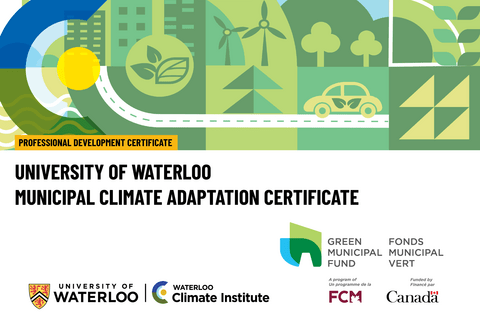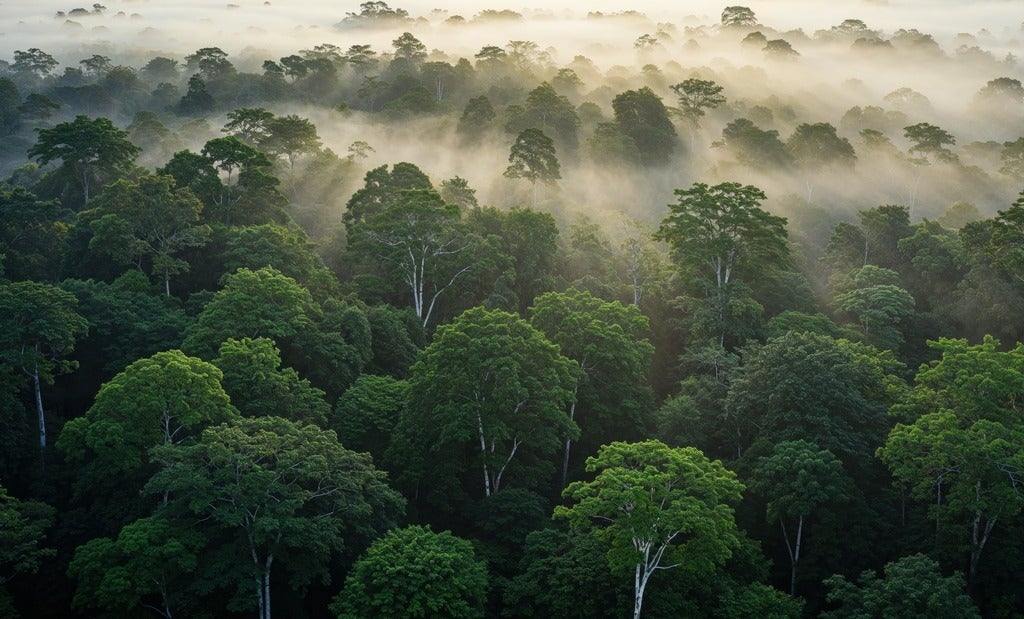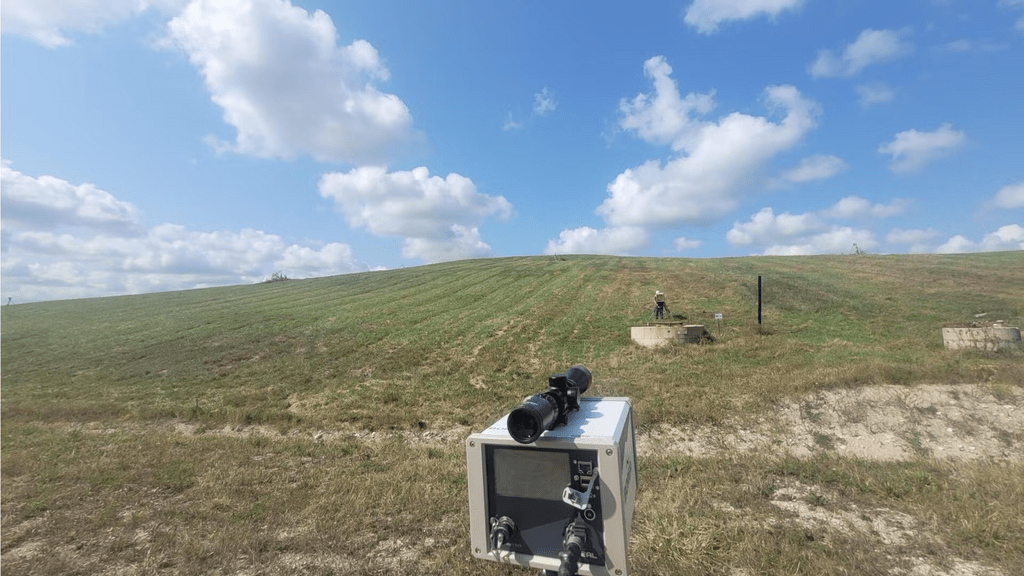Applications are open for the Municipal Climate Adaptation Certificate
The University of Waterloo’s Climate Institute is offering a new Municipal Climate Adaptation Certificate, designed specifically for municipal staff who are looking to strengthen their climate resilience skills.









